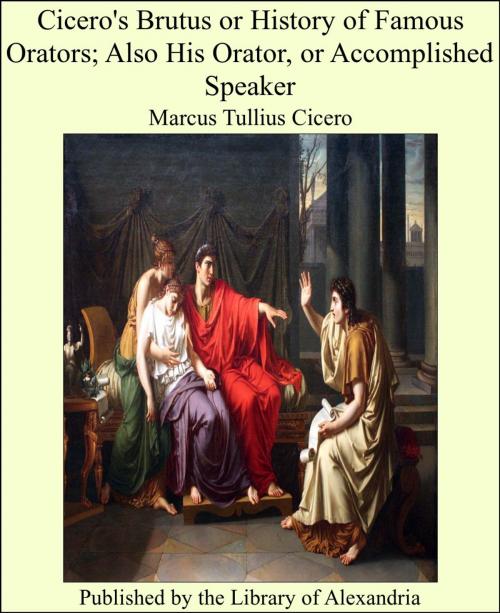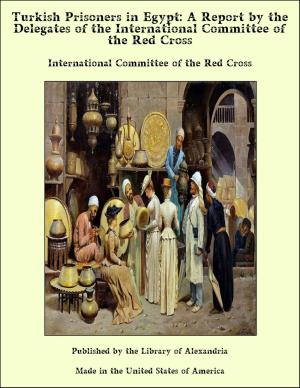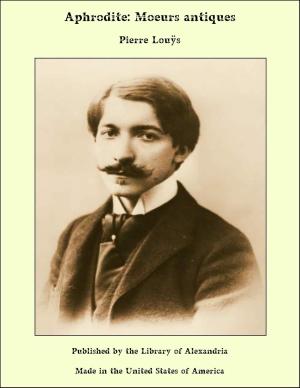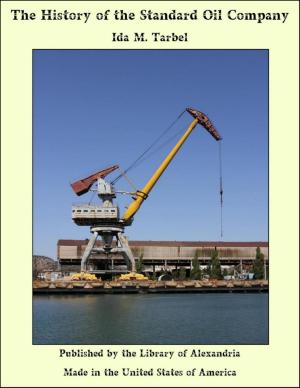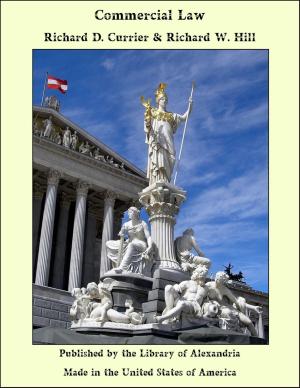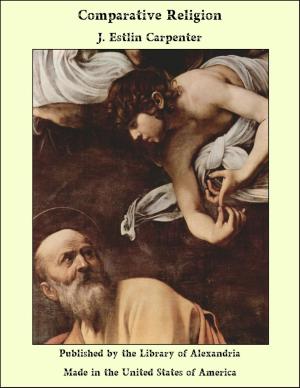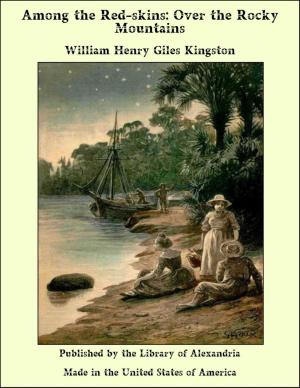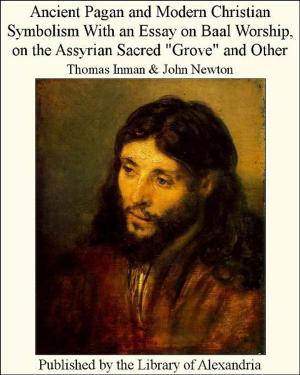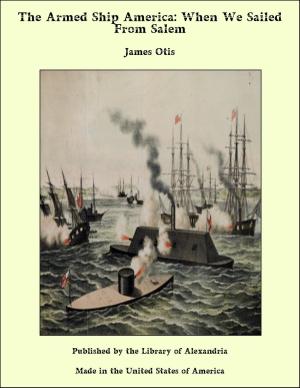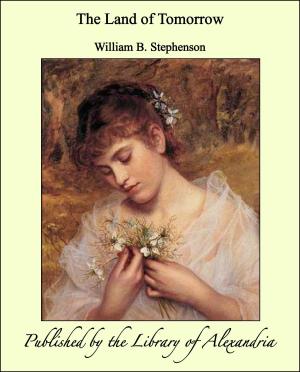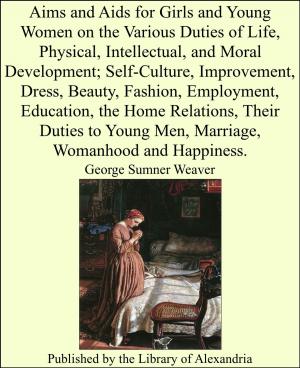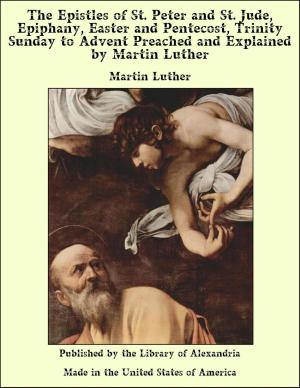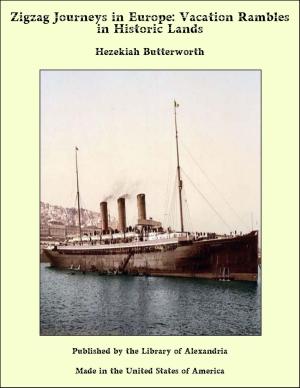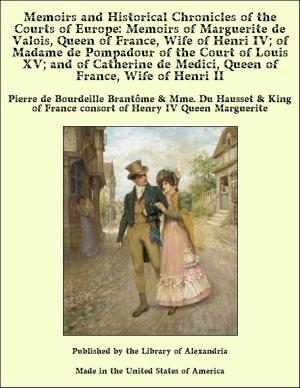Cicero's Brutus or History of Famous Orators; Also His Orator, or Accomplished Speaker
Nonfiction, Religion & Spirituality, New Age, History, Fiction & Literature| Author: | Marcus Tullius Cicero | ISBN: | 9781465511171 |
| Publisher: | Library of Alexandria | Publication: | March 8, 2015 |
| Imprint: | Language: | English |
| Author: | Marcus Tullius Cicero |
| ISBN: | 9781465511171 |
| Publisher: | Library of Alexandria |
| Publication: | March 8, 2015 |
| Imprint: | |
| Language: | English |
When I had left Cilicia, and arrived at Rhodes, word was brought me of the death of Hortensius. I was more affected with it than, I believe, was generally expected. For, by the loss of my friend, I saw myself for ever deprived of the pleasure of his acquaintance, and of our mutual intercourse of good offices. I likewise reflected, with Concern, that the dignity of our College must suffer greatly by the decease of such an eminent augur. This reminded me, that he was the person who first introduced me to the College, where he attested my qualification upon oath; and that it was he also who installed me as a member; so that I was bound by the constitution of the Order to respect and honour him as a parent. My affliction was increased, that, in such a deplorable dearth of wife and virtuous citizens, this excellent man, my faithful associate in the service of the Public, expired at the very time when the Commonwealth could least spare him, and when we had the greatest reason to regret the want of his prudence and authority. I can add, very sincerely, that in him I lamented the loss, not (as most people imagined) of a dangerous rival and competitor, but of a generous partner and companion in the pursuit of same. For if we have instances in history, though in studies of less public consequence, that some of the poets have been greatly afflicted at the death of their contemporary bards; with what tender concern should I honour the memory of a man, with whom it is more glorious to have disputed the prize of eloquence, than never to have met with an antagonist! especially, as he was always so far from obstructing my endeavours, or I his, that, on the contrary, we mutually assisted each Other, with our credit and advice. But as he, who had a perpetual run of felicity, left the world at a happy moment for himself, though a most unfortunate one for his fellow-citizens; and died when it would have been much easier for him to lament the miseries of his country, than to assist it, after living in it as long as he could have lived with honour and reputation;—we may, indeed, deplore his death as a heavy loss to us who survive him.
When I had left Cilicia, and arrived at Rhodes, word was brought me of the death of Hortensius. I was more affected with it than, I believe, was generally expected. For, by the loss of my friend, I saw myself for ever deprived of the pleasure of his acquaintance, and of our mutual intercourse of good offices. I likewise reflected, with Concern, that the dignity of our College must suffer greatly by the decease of such an eminent augur. This reminded me, that he was the person who first introduced me to the College, where he attested my qualification upon oath; and that it was he also who installed me as a member; so that I was bound by the constitution of the Order to respect and honour him as a parent. My affliction was increased, that, in such a deplorable dearth of wife and virtuous citizens, this excellent man, my faithful associate in the service of the Public, expired at the very time when the Commonwealth could least spare him, and when we had the greatest reason to regret the want of his prudence and authority. I can add, very sincerely, that in him I lamented the loss, not (as most people imagined) of a dangerous rival and competitor, but of a generous partner and companion in the pursuit of same. For if we have instances in history, though in studies of less public consequence, that some of the poets have been greatly afflicted at the death of their contemporary bards; with what tender concern should I honour the memory of a man, with whom it is more glorious to have disputed the prize of eloquence, than never to have met with an antagonist! especially, as he was always so far from obstructing my endeavours, or I his, that, on the contrary, we mutually assisted each Other, with our credit and advice. But as he, who had a perpetual run of felicity, left the world at a happy moment for himself, though a most unfortunate one for his fellow-citizens; and died when it would have been much easier for him to lament the miseries of his country, than to assist it, after living in it as long as he could have lived with honour and reputation;—we may, indeed, deplore his death as a heavy loss to us who survive him.
